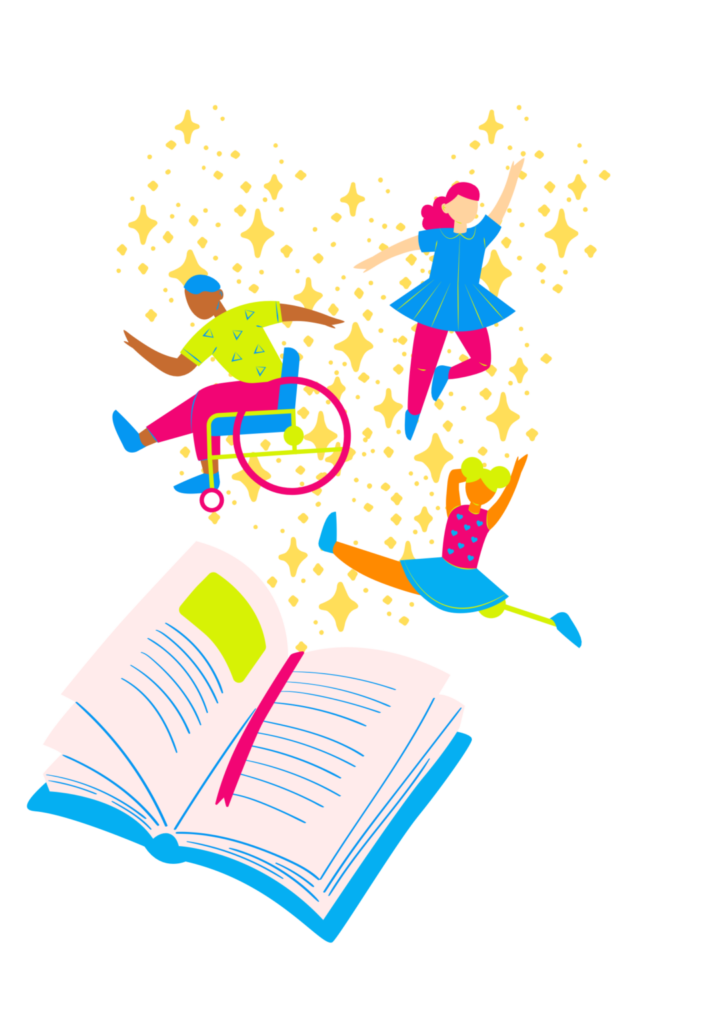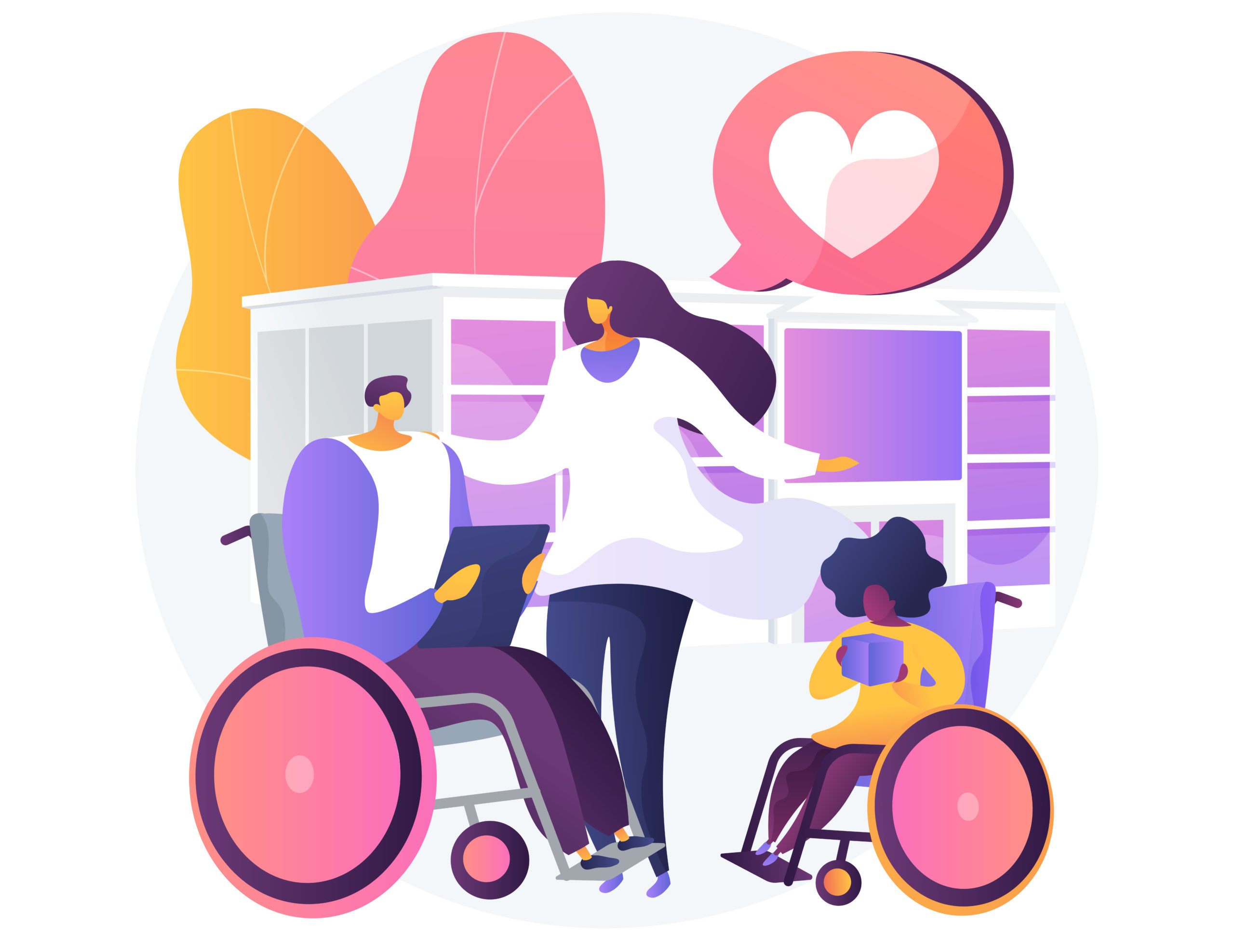The project
The Role Models project aims to help primary school pupils build their self-confidence by collecting success stories they can identify with. The project therefore aims to strengthen inclusion and diversity in the classroom, and foster the development of students’ key skills and basic competencies (literacy and digital skills).
The tools on offer will help teachers and students to focus on the positive aspects of their daily lives and practice.
The project proposes a model story structure into which students can integrate their own stories – for example, what they feel they’re good at, identifying their strengths, how they can overcome challenges, and so on.
Context
Despite efforts to create more inclusive stories and inclusive classrooms in general, research shows that contemporary children’s literature often reproduces stereotypes (Beckett et al, 2010; Monoyiou & Symeonidou, 2016).
Many students, especially those with disabilities, have difficulty succeeding at school. Repeated failure at school weakens their self-confidence and self-esteem, and they are particularly at risk of dropping out. It is therefore essential to start building self-confidence in the early years of schooling. Children need representations and to be able to admire different models that shape their behavior, their relationships and the decisions they make.
Target groups
The Role Models project is aimed at pupils aged 6 to 10 with disabilities and/or learning difficulties. It is also aimed at teachers.

Resources
- A guide for teachers on the importance of confidence in the education of students with disabilities and/or learning difficulties, as it plays a key role in their education.
- A collection of short, inspiring stories in the form of digital books highlighting the various disabilities and success stories of people with disabilities.
- A ready-to-use tool for teachers to create success stories with their students.


